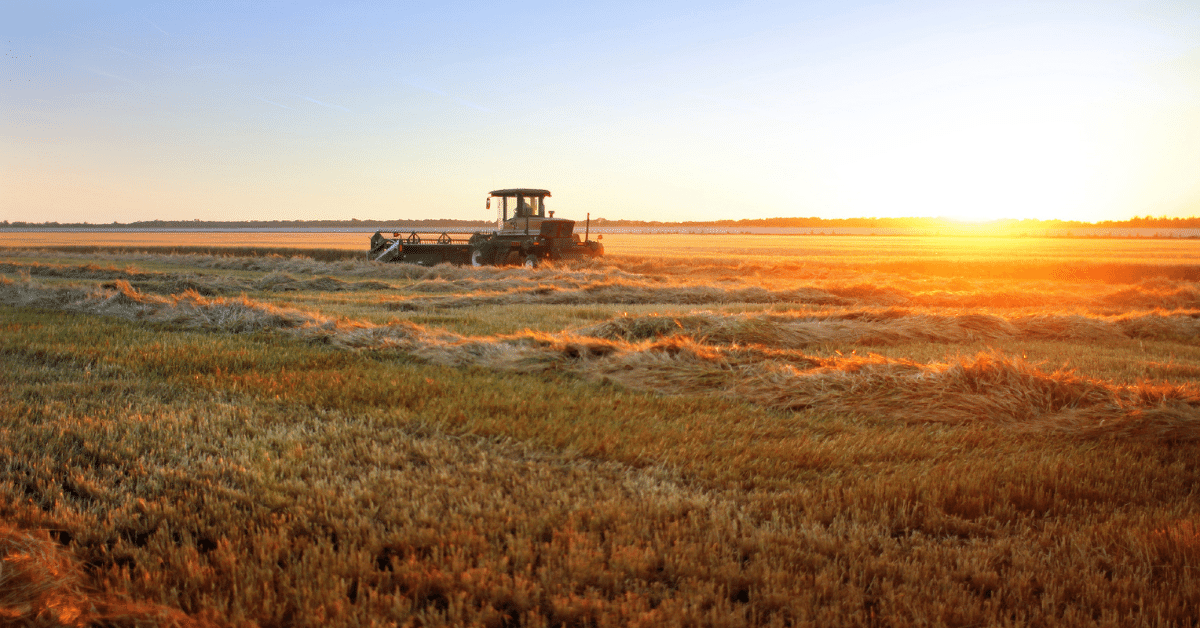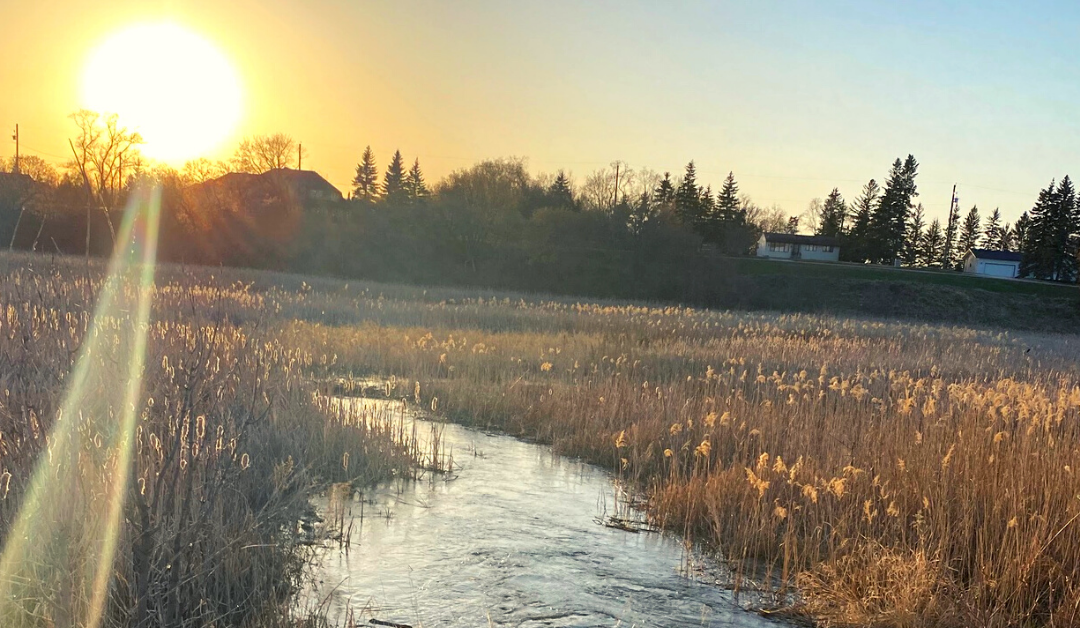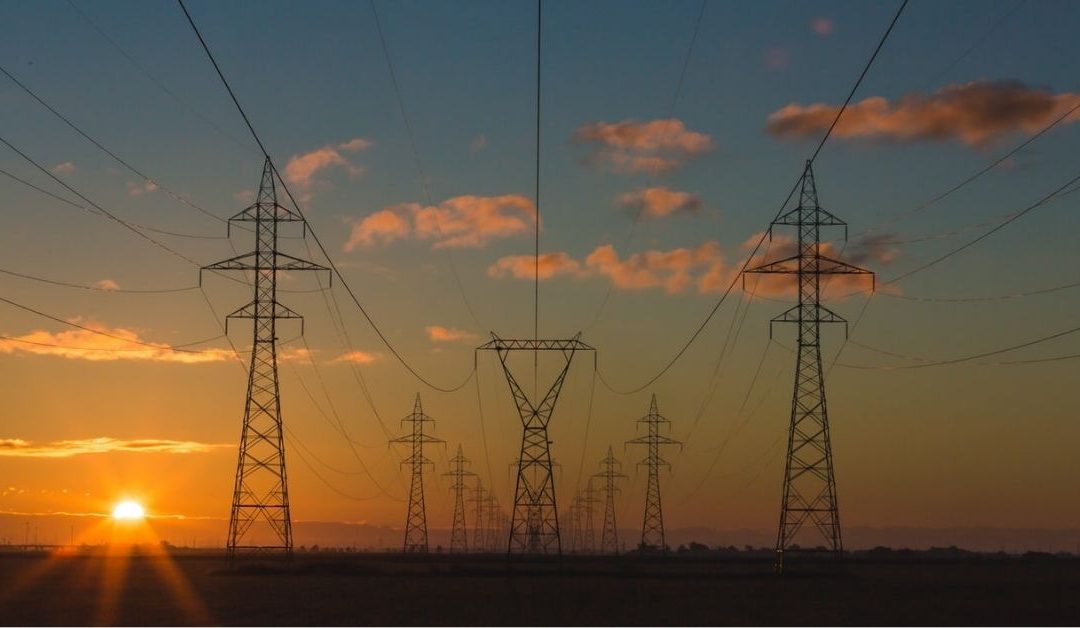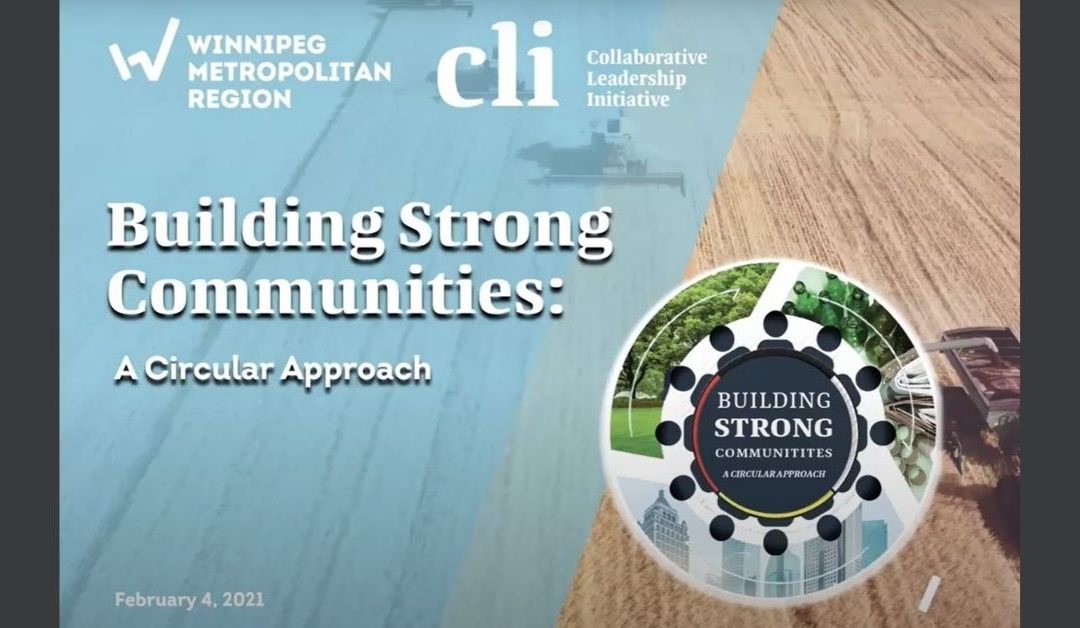One of the lessons we must take from the pandemic is the power of many.
We can no longer see ourselves as independent and untouched by forces that operate globally, nationally or provincially. We are all connected and until we build policies and processes that recognize this fundamental principal first and foremost, we continue to be vulnerable.
The COVID-19 pandemic has punctuated this point all too well, and I fear it will continue to demonstrate our interconnectedness globally as we seek vaccination numbers for herd immunity that will offer the world a chance to reopen, and we can begin to travel outside this country.
Out of this pandemic we have seen much research that confirms what we instinctually know – that we are better when we cooperate. Many studies have demonstrated that the better municipalities cooperated with each other, the better they were able to respond to the emergency situation at hand. Municipalities with strong regional plans were able to communicate within their region to plan ahead for health care emergencies, vaccine rollouts and school and workplace disruptions.
Regional planning will also help as we prepare for climate change. As Hank Venema CEO and senior engineer at Strategic Community Consulting wrote in this week’s Free Press, the WMR is looking at climate change from a long-term and strategic perspective. We can benefit a great deal from this type of analysis on land use, including agriculture, water supply, watershed management, density patterns, transportation and infrastructure investment. Draft Plan20-50 uses a climate lens to examine policy and teamwork and collaboration are integral.
There are complex issues that go with protecting our agriculture land, natural areas and precious water resources. To manage climate change and ensure biodiversity, we need a serious, strategic and evidence-based regional plan that goes beyond election cycles to protect both our economy and our environment. This includes utilizing natural assets to help ameliorate climate change.
The WMR is involved in the Municipal Natural Assets Initiative as well, another part of Draft Plan20-50. This project will allow us to identify our shared assets and evaluate the condition of these assets so we can begin to understand the benefit they provide for our region overall. Research shows that identifying, measuring and managing natural assets as part of an overall asset management strategy can stretch tight infrastructure budgets, provide essential services to communities as well as enhance our quality of life. Once we know what we have, we can then begin to protect, restore and enhance our natural assets. These are just some of the projects Draft Plan20-50 is doing to better understand and prepare regionally for the impact of climate change (see the plan here).
As one of the last jurisdictions in Canada to develop a regional plan, Plan20-50 is long overdue and has been in the development stage for the past 22 years.
Draft Plan20-50 provides transparent, shared goals and policy direction to achieve those goals, not alone but together. “Going it alone” is out of date and doesn’t pass the sniff test when measured against what successful jurisdictions are doing across Canada.
Good regional planning creates opportunities for all. It recognizes that our region is stronger together and it offers ways to increase our competitiveness and our ability to not only better meet the needs of residents but support the conditions for capital to be invested and jobs to be created. The bottom line is jobs and population growth go hand in hand. Collaboration builds and supports our communities.
We can no longer ignore the need for a process to regional planning and cooperation between our communities. Municipalities must move from ad-hoc voluntary processes of working across jurisdictions – the status quo is not working. As residents we must encourage our leaders to find new and more productive ways to work with other levels of government including Indigenous government and formalize these processes if we are to build a prosperous Winnipeg Metro Region and province for all.
By working together, we can ensure safety, improve service delivery and reduce fragmentation and duplication. We’re building a plan to benefit everyone in our region. Good governance and sound decision-making require access to shared data, an environment of trust and systems for collaboration across all levels of government.
That’s why Draft Plan20-50 is so important.






0 Comments